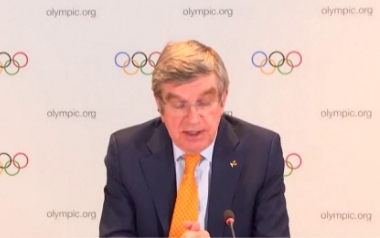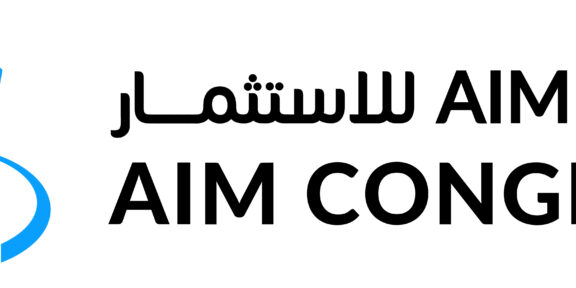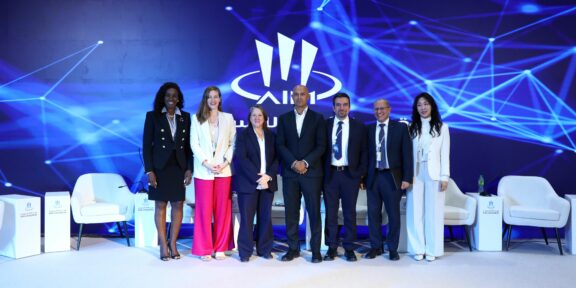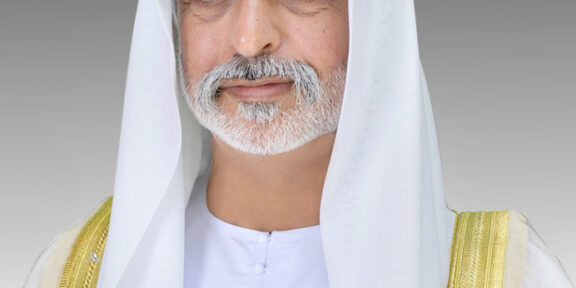At AIM Congress 2025, the Africa Regional Forum under the theme “From Zones to Impact: African SEZs Reimagined” gathered key voices to discuss the evolution of SEZs into innovation-driven, inclusive, and integrated economic ecosystems.
Laura Paez, United Nations Economic Commission for Africa (ECA), noted Africa’s SEZs have grown from 20 in the 1990s to over 237 by 2020, but many face challenges in diversification and infrastructure.
“There are more than 200 SEZs currently operational across the continent, with varying levels of success. The emerging SEZ 2.0 model emphasizes technology, regional integration, and local value creation aligned with development goals,” said Paez.
Jasveer Singh, Cluster Director at Arise IIP, emphasized sustainable industrialization through public-private partnerships.
“We focus on identifying industrial gaps and enabling value-added production at scale through public-private partnerships. Our zones are not just industrial parks — they are platforms for inclusive economic transformation,” said Singh.
Gilbert Ewehmeh, Continental Coordinator, Accelerate Africa, called for SEZ models that include SMEs and align with the AfCFTA.
“The standalone model is giving way to interconnected industrial ecosystems that support the full value chain, from raw materials to finished goods. This is the future of SEZs in Africa,” he stated.
Dr. Manuel Francisco Pedro, Chairman, Luanda-Bengo SEZ, Angola, stressed stronger governance and infrastructure.
“SEZs must be linked to AfCFTA goals to drive intra-African trade, harmonize standards, and create a coherent investment climate. Institutional support and strong governance are key,” said Dr. Pedro.
Japan Talks: Cutting-Edge Innovations Take Center Stage at AIM Congress 2025
In the session “Japan Talks: Innovations Shaping the World”, Japanese leaders showcased next-generation technology and industrial innovation.
Miho Sato, Deputy Manager, Yokosuka Research Park (YRP), shared Japan’s progress in smart city-focused 6G development.
“We are building the infrastructure to support future urban innovation through 6G and collaborative R&D,” said Sato.
Hiroshi Miura, Senior Manager, NTT DATA Group, presented the IOWN technology’s role in global data transmission.
“IOWN enables high bandwidth and low latency through light-based data transfer—poised to transform sectors like finance and health,” Miura said.
Takaaki Nakamura, Director, NIFCO Inc., emphasized sustainable manufacturing and NIFCO’s wide product reach.
“You cannot go more than one meter in Japan without being next to a NIFCO product,” Nakamura remarked.
Rashid Al Teneiji, Director of International Business Development, UAE Ministry of Economy, invited deeper UAE-Japan collaboration.
“I hope today’s dialogue serves as a launchpad for deeper cooperation between Japan and the UAE,” he said.









